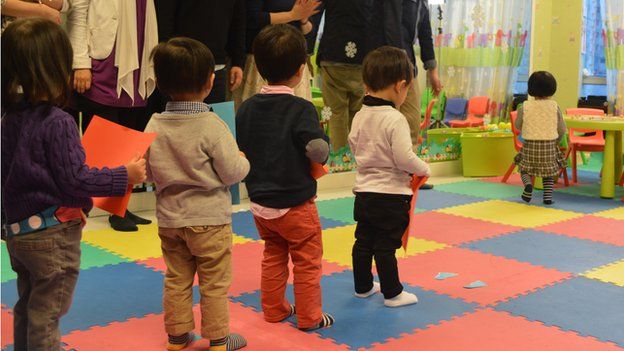 Published: OregonLive- April 28th, 2015
Published: OregonLive- April 28th, 2015Intended Audience: Educators, Caregivers, Parents, State Government
Relevance: The relevance of this article is to bring to the surface issues with diversity, cycles of socio-economic classes, and early childhood education. It is an important topic to discuss because we need to address diversity and make changes to our society that keep people within a "class". Education is where we can better ourselves and without that early foundation it is difficult to make improvements.
URL: http://www.oregonlive.com/education/index.ssf/2015/04/child_care_workforce_increasin.html




